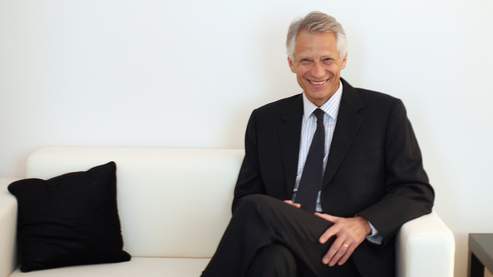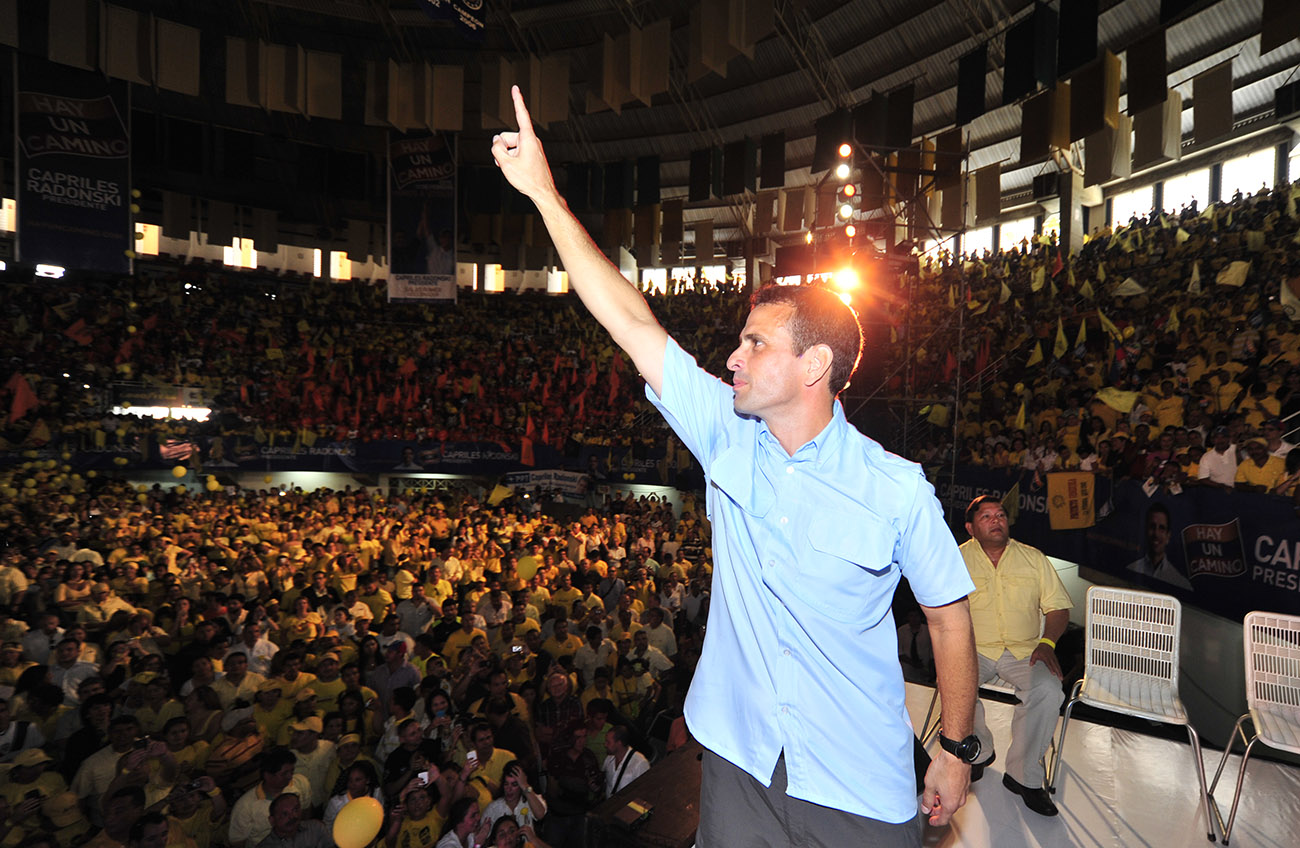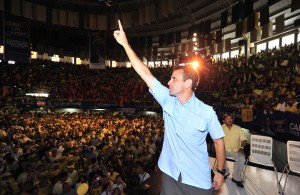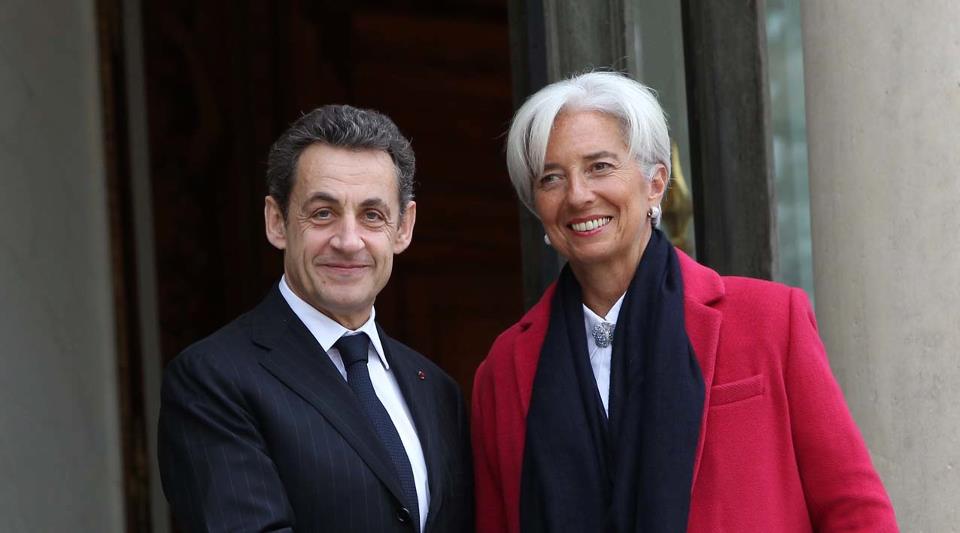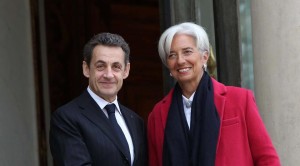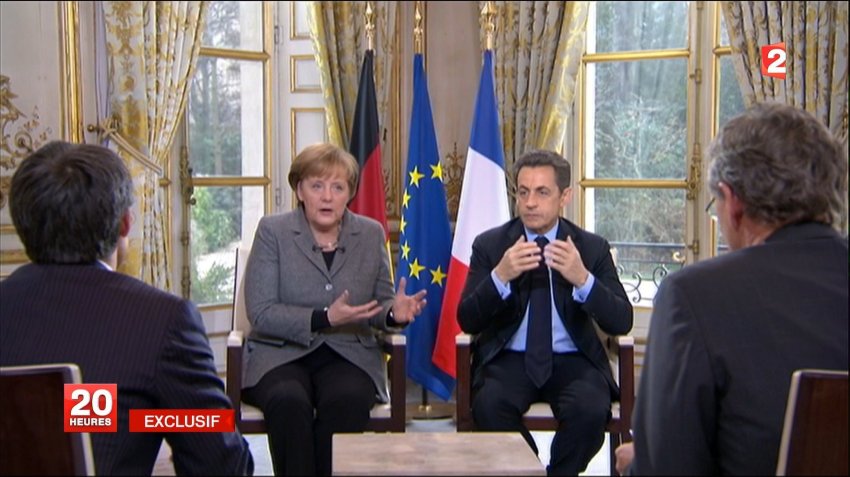Meanwhile, in Venezuela, Hugo Chávez has launched a rip-snorting fusilade against opposition presidential candidate Henrique Capriles with some, ahem, choice words (video with subtitles below compliments of The Guardian):
My mission… (will be) to take off the mask, you low-life, because no matter how much you disguise it, low-life, you have a pig’s tail, a pig’s ears, and you snort like a pig.
Chávez apparently also refers to Capriles not by name, but by reference to el majunche, or “the crappy one.”![]()
So glad to see that the race is off to such a promising start.



